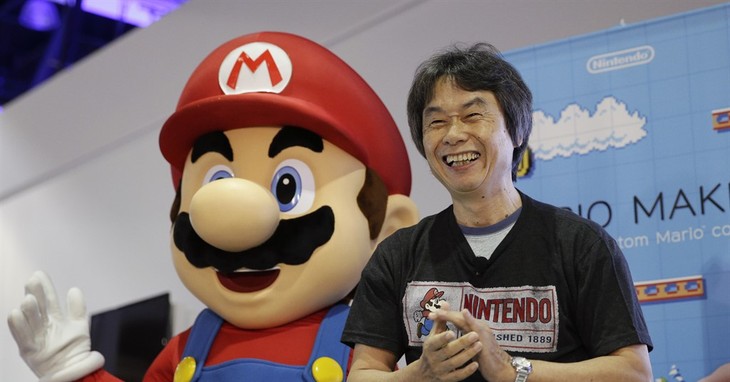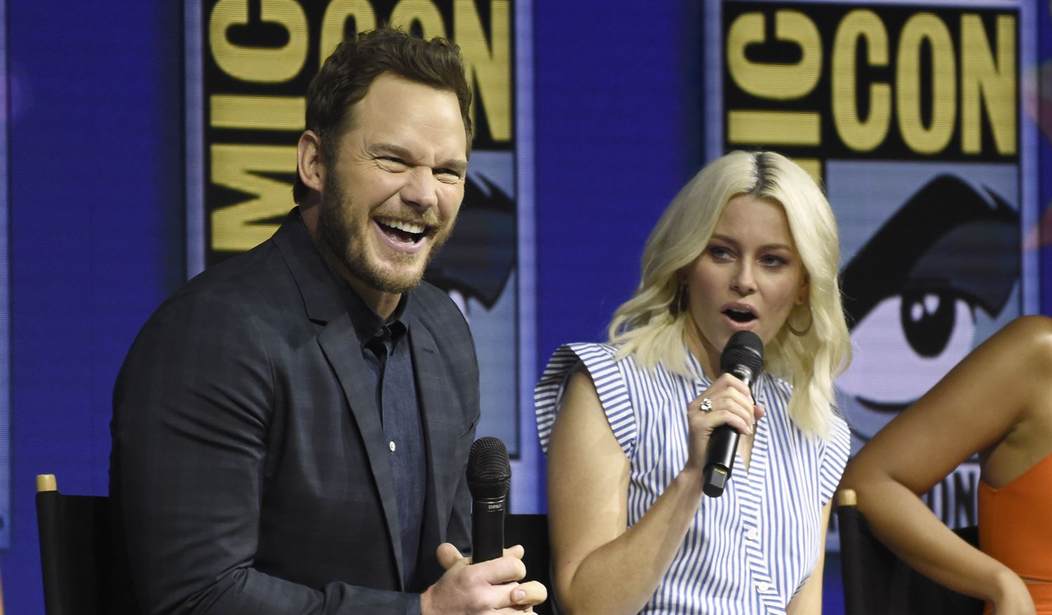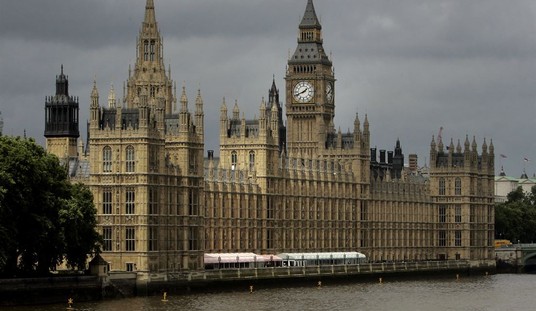The ongoing culture wars are something we need to endure as a nation. Culturally there is ground wanting to be conquered by the activists and those wanting to preserve norms are left in defense mode on a near-perpetual basis. These days the battles are seen in areas such as our schools and even beer aisles in stores, but most of these sieges are traditionally playing out in the entertainment complex. Hollywood has long been the battlefield.
The Easter weekend has long been a favored time for Hollywood to install big-ticket releases, and this year the landmark title to arrive was the “Super Mario Bros” movie, an adaptation of the video game franchise. While on paper this appears as an instant hit the announced production was met with criticism. Last Fall there were examples of pushback seen from prospective fans when it was announced that Chris Pratt had been cast to lend the voice of the lead character, Mario.
This was a twofold outrage. Part of it centered on conflicting demands on the ethnicity of the characters. Pratt was either deemed inappropriate to play the traditionally Italian character of Mario, but then others were equally angered at the stereotypical presentation of Italians. It was almost like people wanted to be outraged in any fashion. The other resistance came from it simply being the actor being cast for who he is off-screen.
Pratt is an actor who is unapologetically religious and as a result, has met his share of backlash for daring to not embrace all of the leftist dogma spewed in Hollywood. It is a testament to his character that he has faced these harsh approaches glibly and has not buckled to perceived social pressure. Either social media scolds of journalists looking to gin up outrage have focused on Pratt as a target of religious or fiercely conservative values as if this has a bearing on his performances.

The studio – Illumination, the successful source of “The Minions” films – did not buckle to this carping because it recognized Pratt’s value with the ticket-buying public. He has appeared in a number of massive cinematic hits and many of these appeal to broad audiences; the dinosaur films of “Jurrasic World”, Star-Lord in the “Guardians Of The Galaxy” Marvel franchise, and even “The Lego Movie” animated films. These are a string of successes that lead to Pratt being seen as “bankable” by the studios.
Adding to the imbalanced approach to “Super Mario Bros” was the contempt from actor John Leguizamo. The Hispanic thespian appeared in what is considered one of the first ever video game adaptations, playing the role of Mario’s sidekick Luigi in 1993’s original “Super Mario Bros.” Leguizamo came out to declare that the new release was not meeting his demographic approval and, as a result, he would be boycotting the movie. Why anyone thought this to be a significant news story is a curiosity.
“No I will not [be watching]. They could’ve included a Latin character. Like I was groundbreaking and then they stopped the groundbreaking. They messed up the inclusion. They dis-included. Just cast some Latin folk! We’re 20% of the population. The largest people of color group and we are underrepresented.”
It is amusing enough that the actor called himself “groundbreaking”, but for anyone to get bent out of shape about the ethnic representation of fictional characters in an animated film based on a video game is rather lame. Funniest of all, his version of “Mario Bros” is regarded as one of the worst films ever released in Hollywood. Why he would want to dredge up memories of the classic fiasco shows the low level of thought applied in his emotional rant.
As it turns out, none of these screeches for the past few months have amounted to anything. In the days leading up to the April 5 release the projections for the box office performance continued to be increased. By Sunday the film had surpassed all expectations, clocking in with over $200 million in ticket sales. That result places it among the best Easter weekend releases ever and sets new records for a video game adaptation.
This will serve as another benchmark for the studios to take note of regarding movie success stories. If they dispatch a woke agenda they manage to appeal to a broader audience. This also provides an example of how the social media pitchfork crowds are not nearly as influential as they pretend. Most often we see these calls to boycott items lead to little in the way of negative influences.
By stepping away from coddling the sensitivities of these cranks “Maverick: A Top Gun Movie” became one of the biggest releases ever. The rage from woke gamers over the recent Harry Potter video game release led to it becoming one of the biggest-selling games. Gradually we are seeing more companies coming to the realization that they do not have to cower to online ragers, they do not have to bend their knee.
Catering to a crowd that has no economic leverage, does not move the needle on a widespread basis, and mostly was not endorsing your product, to begin with is a losing venture. Look at the number of financial failures Disney incurred over the past year. Note the bomb that was the gay-themed movie “Bros” that catered to all of the wokeness and managed to repel even gay ticket buyers.
When you focus on delivering a quality product – instead of inserting all of the checkbox elements in a rote fashion – you are more likely to appeal to those who will actually endorse your product. It is a very slow turning of the barge, but it seems more companies are coming to a realization.














Join the conversation as a VIP Member